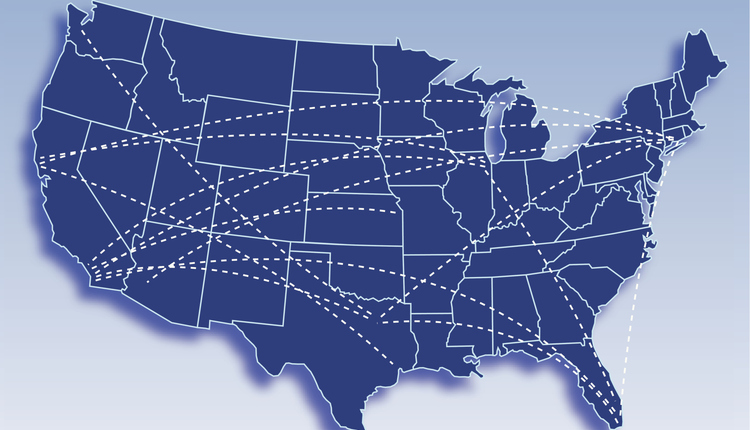The Postal Regulatory Commission today issued Order No. 547 in Docket R2010-4 denying a Postal Service request for an average 5.6 percent rate increase. The Commission found that the Postal Service failed to justiff rate increases in excess of its statutory CPI price cap.
"The Commission finds that the Postal Service has shown the recent recession to be an exigent circumstance but it has failed both to quantify the impact of the recession on its finances and to show how its rate request relates to the resulting loss of mail volume; therefore, we unanimously deny its exigent rate request," said Chairman Ruth Y. Goldway.
The law requires the Postal Service to demonstrate that any exigent rate adjustments are due to the identified exceptional circumstances. This prevents a bona fide extraordinary or exceptional circumstance from being used as a general rate increase mechanism that would circumvent the price cap system.
The Postal Service's recent volume losses and multi-billion dollar shortfalls are recognized. However, Commission analysis confirms that the Postal Service's cash flow problem is not a result of the recession and would have occurred whether or not the recession took place. lt is the result of other, unrelated structural problems and the proposed exigent rate adjustments would neither solve nor delay those problems.
The Postal Service may be unable to continue to meet a statutory 1O-year payment schedule - averaging roughly $5.5 billion per year - to create a fund to pay future retiree health benefit premiums. lt has been unable to fund this obligation from operations, and has instead used up all of its retained earnings and drawn down from its $15 billion borrowing authority. Even with the requested increase, the Postal Service would be unable to meet this annual obligation either in 2011, or in succeeding years.
The Postal Service achieved over $6 billion in cost reductions in 2009. While volume declines outstripped cost reductions during the actual recession, Postal Service cost containment programs are producing results and work hours have declined faster than volumes in 2010.
"The Commission finds that the Postal Service has shown the recent recession to be an exigent circumstance but it has failed both to quantify the impact of the recession on its finances and to show how its rate request relates to the resulting loss of mail volume; therefore, we unanimously deny its exigent rate request," said Chairman Ruth Y. Goldway.
The law requires the Postal Service to demonstrate that any exigent rate adjustments are due to the identified exceptional circumstances. This prevents a bona fide extraordinary or exceptional circumstance from being used as a general rate increase mechanism that would circumvent the price cap system.
The Postal Service's recent volume losses and multi-billion dollar shortfalls are recognized. However, Commission analysis confirms that the Postal Service's cash flow problem is not a result of the recession and would have occurred whether or not the recession took place. lt is the result of other, unrelated structural problems and the proposed exigent rate adjustments would neither solve nor delay those problems.
The Postal Service may be unable to continue to meet a statutory 1O-year payment schedule - averaging roughly $5.5 billion per year - to create a fund to pay future retiree health benefit premiums. lt has been unable to fund this obligation from operations, and has instead used up all of its retained earnings and drawn down from its $15 billion borrowing authority. Even with the requested increase, the Postal Service would be unable to meet this annual obligation either in 2011, or in succeeding years.
The Postal Service achieved over $6 billion in cost reductions in 2009. While volume declines outstripped cost reductions during the actual recession, Postal Service cost containment programs are producing results and work hours have declined faster than volumes in 2010.


